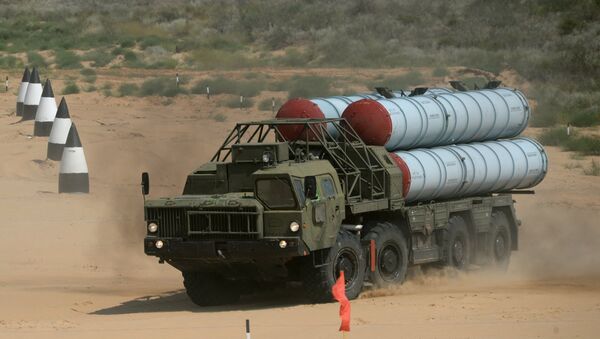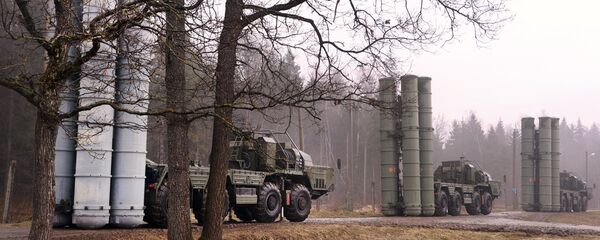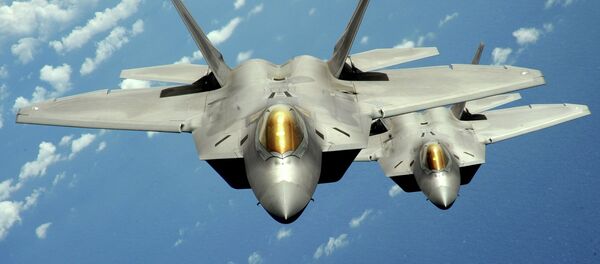The decision to deploy S-300 units will resonate more loudly on the regional and international political scene than the military one, says political analyst Ghassan Kadi, stressing that the biggest change in the balance of power in the Levant has thus far been the Russian presence, which began in earnest on September 30, 2015.
Commenting on the US and Israel's discontent with the move, the analyst drew attention to the fact that Russia's presence in Syria had been authorized by Syria's internationally recognized government.
Russia's 'Western Partners' Didn't Fully Abide With Their Vows
"If the Russian role in Syria had a 'problem' at all before the deployment of the S-300, then the problem would have been to be due to the fact that Russia respects international law and upholds agreements," he stressed.
"There had been many breaches specifically of the Israeli-Russian deal, all done by Israel, but this time, with the downing of the IL-20, and which Russia says was the outcome of deliberate Israeli maneuvers, Russia is saying that a red line has been crossed. This is why I say again that the deployment of the S-300 is a political decision as much as it is military if not more," he said.
On October 2, Russian Defense Minister Sergei Shoigu announced that Moscow had finalized the delivery of 49 components of S-300 air defense systems to Syria. The decision to boost Syria's air defenses came on the heels of the accidental downing of a Russian Il-20 aircraft by Syrian S-200 air defenses on September 17 amid an Israeli bombing raid. All 15 servicemen on board the plane were killed. The Russian Ministry of Defense accused the Israeli Air Force of using the Il-20 as a "shield" and failing to inform the Russian Armed Forces of the strike in a timely manner. Israel responded by categorically denying the allegations.
US Stealth Fighters Don't Pose a Challenge to Syrian Air Defenses
Meanwhile, reports emerged suggesting that the US Air Force may increasingly deploy F-22 stealth fighters and F-16CJ Vipers, designed to suppress and destroy enemy air defenses in Syria, in response to the delivery of S-300 units to the war-torn country. According to Kadi, this potential move does not pose a substantial challenge to either Syrian or Russian air defenses.
"I am not a military expert and I cannot answer this question technically. But even if the American weapons you mentioned can 'beat' the S-300, according to Russian Defense Minister Shoigu, the upgrade of Syria's air defense systems package is not restricted to the S-300 alone. It included automated air defense management systems as well as communication jamming devices that disable satellite navigation," the political analyst highlighted.
At the same time, Kadi does not see "any possibility for a direct escalation between NATO and Russia; not in Syria, and not anywhere (else) either."
"With all the current turmoil and the economic stranglehold inflicted on America by its debt, if any such confrontation were to ensue, the time for this has not yet arrived," he opined.
Kadi suggested that S-400 earlier installed at the Hmeimim Airbase in Syria was largely used as a deterrent. Now it appears that Russia has made a political decision to use S-300 and S-400 units to protect Syria from intruders, he believes.
"Russia's decision to deploy the S-300 in Syria, and to talk openly about it, vehemently and repeatedly, is out of Russian character and modus operandi. But again and again, the deployment, the reasons behind it and the manner in which it was announced, is a political decision made by Russia to tell NATO and Israel that enough is enough, that Russia tried hard to adhere to agreements and international law, but its 'Western partners' did not adhere to their part of the deal," the analyst concluded.
The views and opinions expressed by the contributors do not necessarily reflect those of Sputnik.




